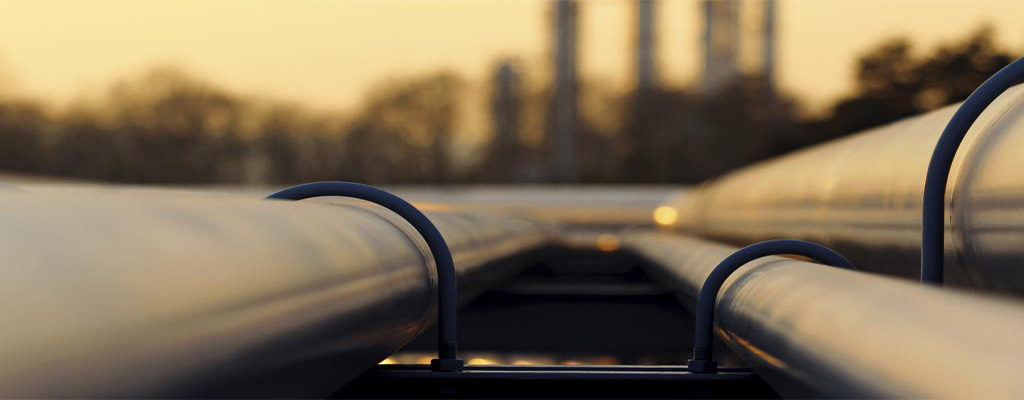UK Regulator Investigates Drax Over Biomass Claims

The UK’s financial watchdog has opened an investigation into Drax Group’s biomass sourcing statements of the past three years, the British energy group operating a controversial wood pellet power plant in northern England said on Thursday.
Drax said today that it was notified earlier this week that the Financial Conduct Authority (FCA) had launched an investigation into the company covering the period January 2022 to March 2024 and relating to certain historical statements regarding Drax’s biomass sourcing and the compliance of Drax’s 2021, 2022 and 2023 Annual Reports with regulations.
Drax said it would cooperate with the FCA as part of the investigation, which follows a 2024 probe by UK energy watchdog Ofgem over biomass data reporting in 2021 and 2022. Ofgem’s investigation concluded that Drax had misreported certain data and the company agreed to pay $33.7 million (£25 million) at the end of the probe.
After announcing on Thursday that the FCA is now probing company statements, shares in Drax Group Plc (LON: DRX) slumped at opening in London by 12%--the biggest intraday drop since March 2023.
Drax operates a wood-burning power plant in north Yorkshire, which is a converted coal plant and accounts for about 5% of the UK’s electricity generation.
Drax has been receiving government subsidies for the plant because wood pellets are classed as a source of renewable energy.
Earlier this year, the UK government agreed a new funding scheme, which will halve the subsidies but will continue to support the plant after 2027 and into the early 2030s.
The North Yorkshire power plant is the UK’s top carbon dioxide polluter, emitting more than four times the emissions of the UK’s remaining coal power plant at the time, a report by climate think tank Ember showed last year.
In 2023, the plant emitted more CO2 that the next four power stations combined, according to Ember’s new annual ranking of official data.
Last year, a spokesperson for Drax told the Guardian that Ember’s findings are “flawed” and ignored the company’s “widely accepted and internationally recognised approach to carbon accounting.”
By Tsvetana Paraskova for Oilprice.com










































